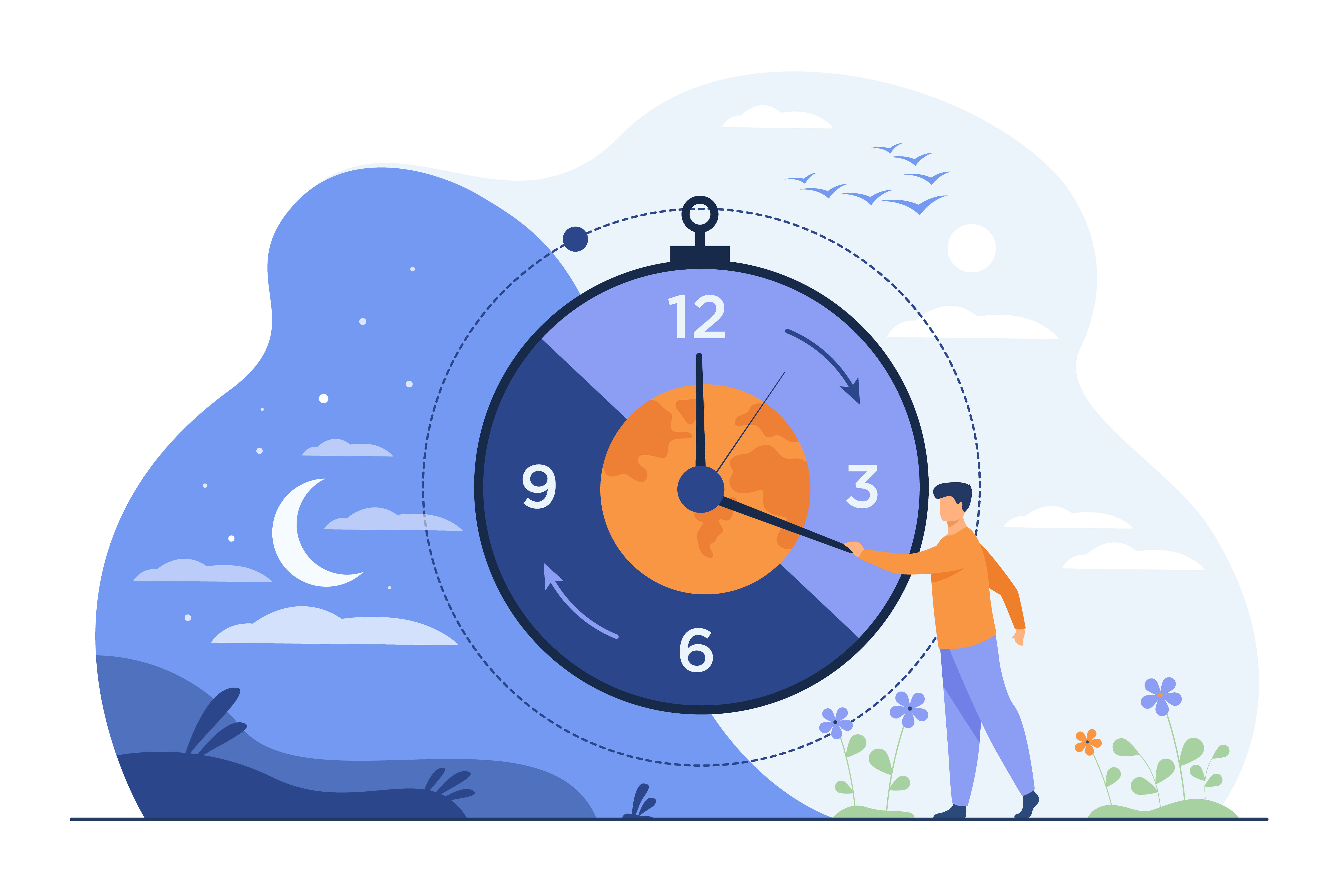Productivity
What Productivity Is… And What It Isn’t
You’ve heard it all.
You’ve read articles and watched videos. You’ve listened to everyone’s opinions on how to be productive.
To organize your chaotic life and finally accomplish your goals, you need to follow the recipe of a productive lifestyle:
Wake up early, wear the same outfit you wear every day, break your day into time blocks and fill each block with as many to-do-list items as possible. Be sure not to burnout though.
Sprinkle on a dash of willpower and two teaspoons of self-control, and voila you’re up there in the ranks of Tim Ferris and Steve Jobs.
Here’s the deal:
That is not going to make you productive.
In fact, it will do the opposite.
Believing these lies about productivity will set you up for failure.
Just to clarify, there’s nothing wrong with the methods themselves; it’s what we believe about them. We have a misleading idea of what productivity is and what it will do for us.
Let’s deconstruct these destructive beliefs that are hindering your efforts and learn what productivity really is:
Belief #1: Low Productivity Is Why You Haven’t Reached Your Goals
You spend most your day at work. At home, your time is spent on chores. On the weekends, you are consumed by all the errands you didn’t have time for during the week.
Tired and frustrated, you google ‘tips to be more productive’.
Here’s the truth:

Productivity isn’t the only reason you haven’t moved forward.
[easy-tweet tweet=”Achievement requires more than just time. Motivation, discipline, commitment, perseverance, and the mental strength to overcome setbacks all play a part in attaining success.” user=”shutupachieve” url=”https://rebrand.ly/rbjpxkh” template=”light”]Productivity will help you reach your goals, but only when it’s coupled with the other aspects.
Belief #2: Productivity Is About Doing More in The Least Amount of Time
Productivity will not help you check every item off your to-do list. Productivity is even better—it reduces the number of to-dos on your list.
People often confuse productivity with efficiency which is to do more in less time.
Productivity is about doing the activities that bring results. In economics, productivity is defined as how much an economy produces for each unit of labor or capital.
In other words, it’s how much your efforts pay off.
Would you rather spend an hour on 15 tasks that are low-value or 1 task that brings you a mile closer to your goal?
Productivity is about pinpointing the high-value tasks and focusing your hard work on them.
While the combination of productivity and efficiency is incredibly powerful, efficiency alone doesn’t do much.
Belief #3: Around-The-Clock Productivity Is The Goal
Just thinking about it is exhausting.
They say to be productive you have to wake up an hour earlier, sleep an hour later, listen to a podcast on your way to work, read a book during lunch break—basically cram every waking moment with some task.

That’s a surefire road to burnout and quitting.
So many ‘productivity gurus’ forget that you are human with limited stores of energy. You need rest and leisure time, too.
[easy-tweet tweet=”You don’t have to be productive every waking moment—and if you’re doing it right, you won’t have to!” user=”shutupachieve” hashtags=”#productivity” url=”https://rebrand.ly/rbjpxkh” template=”light”]Here’s what I mean:
Productivity is about getting the most of the time and effort you put in. As a result, you’ll have more time to dedicate to other activities you care about whether it’s spending time with your family or working on your side hustle.
Productivity doesn’t mandate that you labor away every minute of your day. Productivity takes into consideration your life balance.
Belief #4: Productivity Is One-Size-Fits-All
I’m sure you’ve heard the productivity habits many successful people share.
Many wake up early. Some start their days with meditation and end their days by assessing their performance.
Then there are the odder habits. Benjamin Franklin would take ‘air baths’ during which we would sit in his ‘birthday suit’ next to an open window. Friedrich von Schiller would keep rotten apples on his desk to help him write.
Some of these habits have merit. Yet, just because it worked for them doesn’t mean it’ll work for you.
Find what works for you. Don’t give up on your pursuit of productivity because you’ve had trouble with these habits.
This isn’t an excuse to skip the habits you don’t want to do. Give each a genuine try for at least a few weeks.
If a method isn’t right for you, try another and discover what makes you more productive. Develop your own version of a productive lifestyle.
Belief #5: Productivity Is Based on Having the Right Tools & Techniques
What’s the most common way we procrastinate change?
We spend hours searching for the right tools and techniques and devising plans on how we’ll change. But when the time comes to put it into action, we don’t.

This is often what we do when it comes to productivity. We spend hours comparing the best calendars or to-do list apps as if the app is what will make us productive.
All you need to be productive is yourself and the dedication to change. After you get started, you can find better techniques and tools to use.
When just starting out, don’t get distracted by things that don’t matter. Start productively and focus on what generates results.
What Productivity Really Is
Erroneous beliefs about productivity block you from reaping the benefits of productivity. You’ll quit too soon if you find that popular habits don’t work for you. You’ll be frustrated if you focus on doing more instead of doing more of what’s right.
Now that you know what productivity really is, you won’t fall into the trap of chasing routines that don’t work for you. You’ll steer clear of burnout from trying to fit “productive tasks” into every second of every day.
With the correct perspective on productivity, you’re ready to implement the basics of productivity.

